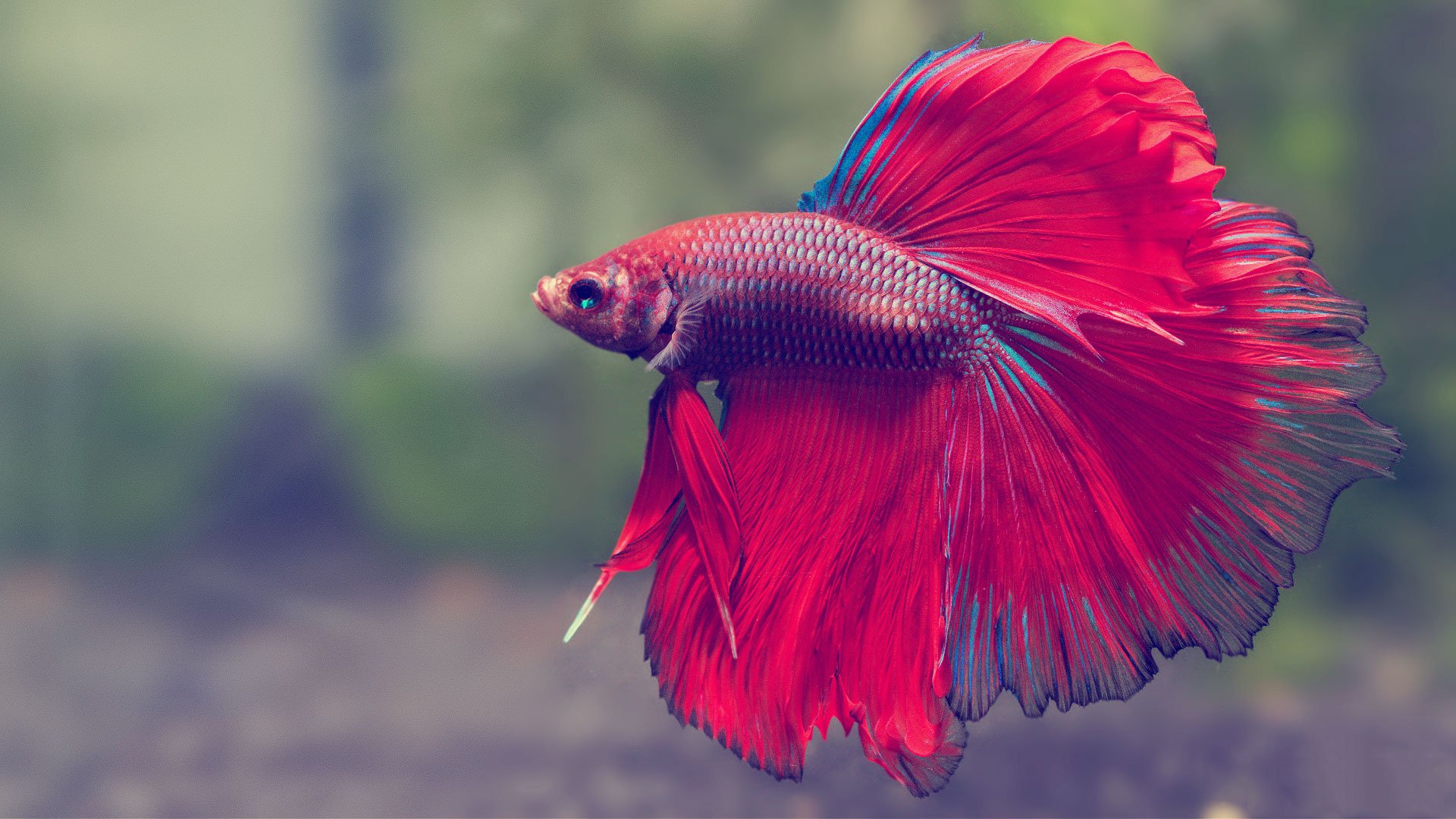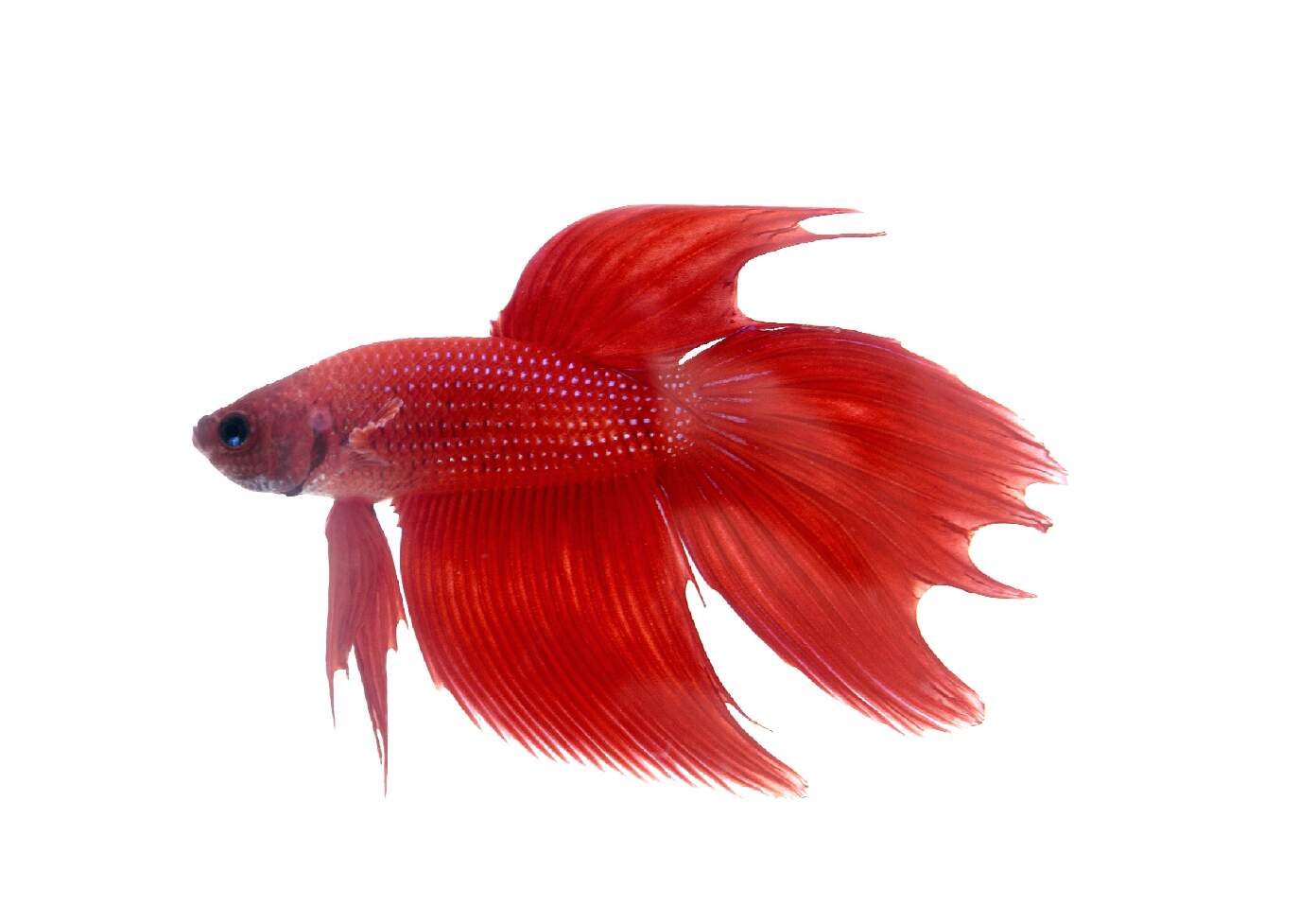Betta Fish Life-span: How to Guarantee Your Betta Lives Longer
Betta Fish Life-span: How to Guarantee Your Betta Lives Longer
Blog Article
All Concerning Betta Fish: Recognizing Their Special Needs, Behavior, and the very best Practices for Optimum Care
Understanding the special demands and behaviors of Betta fish is necessary for any aquarist looking to provide optimum treatment. betta fish. As we check out these components additionally, the effects for both novice and knowledgeable fish caretakers end up being increasingly evident, increasing concerns concerning how ideal to suit these amazing fish in our homes.
Betta Fish Summary
Although commonly admired for their vibrant colors and streaming fins, Betta fish, scientifically called Betta splendens, are intricate animals that call for certain treatment to prosper. Stemming from Southeast Asia, these freshwater fish are known for their territorial nature and distinct actions. Betta fish display sex-related dimorphism, with men presenting extra vibrant shades and longer fins than women.
Their hostile propensities, specifically amongst males, necessitate cautious factor to consider when housing them. Bettas are typically maintained in single-specimen storage tanks to stop territorial disputes. They can coexist quietly with certain compatible types in larger area containers, offered the setting satisfies their requirements.

To guarantee ideal care, aquarists have to recognize their special behavioral attributes, dietary demands, and environment requirements. betta fish. With appropriate attention, Betta fish can show their vivid personalities and flourish in a well-maintained aquarium setup
All-natural Habitat and Setting
Betta fish thrive in a diverse series of natural environments, mostly discovered in the superficial waters of Southeast Asia, consisting of rice paddies, swamps, and slow-moving streams. These environments are characterized by cozy temperatures, commonly between 75 ° F and 82 ° F(24 ° C and 28 ° C ), and a pH level varying from 6.5 to 7.5, which is perfect for their health and wellness and health.
In their natural environments, Betta fish are accustomed to thick greenery, supplying both shelter and breeding grounds. The presence of plants such as drifting water lilies and thick grasses not just provides security from predators but also contributes to the oxygenation of the water, which is necessary for their breathing needs. Furthermore, these settings usually have locations of still water, enabling Betta fish to exhibit their natural actions such as bubble nesting.
Recognizing the all-natural habitat of Betta fish is critical for aquarium lovers. Replicating these problems-- with water temperature, pH balance, and the incorporation of online plants-- can substantially boost the total health and wellness and durability of these exciting fish, ensuring they thrive in a home fish tank setting.
Social Habits and Interactions
Understanding the social actions and communications of Betta fish is necessary for effective aquarium management. Betta fish, or Siamese fighting fish, are recognized for their special behavioral attributes, characterized mainly by territoriality and aggressiveness.
Conversely, female Bettas show less hostile actions and can coexist in teams, referred to as sororities, if introduced properly. It is important to monitor their interactions very closely, as pecking order and dominance can lead to conflicts. Understanding the dynamics within a Betta community is important; developing hiding spots and guaranteeing enough area can mitigate aggression.
In addition, Betta fish may additionally present curiosity and social actions in the direction of other varieties. While they can exist side-by-side with particular non-aggressive storage tank friends, it is crucial to select compatible go to my blog types to prevent stress and anxiety and aggression. In general, acknowledging these social interactions this content is key to cultivating a harmonious fish tank setting for Betta fish.
Essential Care Standards
Offering appropriate treatment for Betta fish is crucial to their health and health. Routine water adjustments-- roughly 25% once a week-- assistance maintain water top quality.
Betta fish require a suitable storage tank size; a minimum of 5 gallons is suggested to offer sufficient area for swimming and hiding. Consist of decors and plants to develop a stimulating setting, yet prevent sharp items that might harm their delicate fins.

Last but not least, make certain the storage tank is furnished with a filter to keep the water clean, yet use a gentle filter to prevent strong currents that can stress the fish. By complying with these necessary care standards, proprietors can advertise a healthy and vibrant Betta fish.
Common Health And Wellness Issues and Solutions
In the treatment of Betta fish, recognition of typical health issues is vital for keeping their wellness. One common concern is fin rot, typically brought on by poor water top quality or microbial infection. Signs consist of page torn or blemished fins. To deal with fin rot, improve water problems and take into consideration utilizing a broad-spectrum antibiotic.
An additional usual ailment is ich, a parasitical infection identified by white places on the fish's body (betta fish). Therapy entails increasing water temperature and including fish tank salt to the storage tank, as this can aid remove the bloodsucker
Swim bladder problem is additionally often observed, causing buoyancy problems. This problem may occur from overfeeding or irregularity. A fasting period of 24-48 hours, adhered to by a diet regimen of blanched peas, can provide alleviation.
Lastly, bettas may deal with velvet illness, suggested by a gold dust-like appearance on their skin. Therapy normally calls for medication especially created for exterior bloodsuckers, alongside improved container hygiene.
Regular tracking of water specifications, preserving a clean setting, and giving a balanced diet regimen are important safety nets. By addressing these health and wellness concerns promptly, Betta fish can lead much healthier, more lively lives.
Verdict
In summary, effective betta fish treatment calls for an understanding of their distinct needs and behaviors. Giving an ideal atmosphere, including ideal storage tank size and water conditions, is important for their well-being. Furthermore, recognizing their territorial nature and making certain ample concealing areas can prevent aggressiveness. Regular surveillance of wellness and water top quality, in addition to a well balanced diet regimen, adds to the long life and vibrancy of betta fish. Complying with these standards will promote a thriving water environment for these exciting creatures.
Report this page